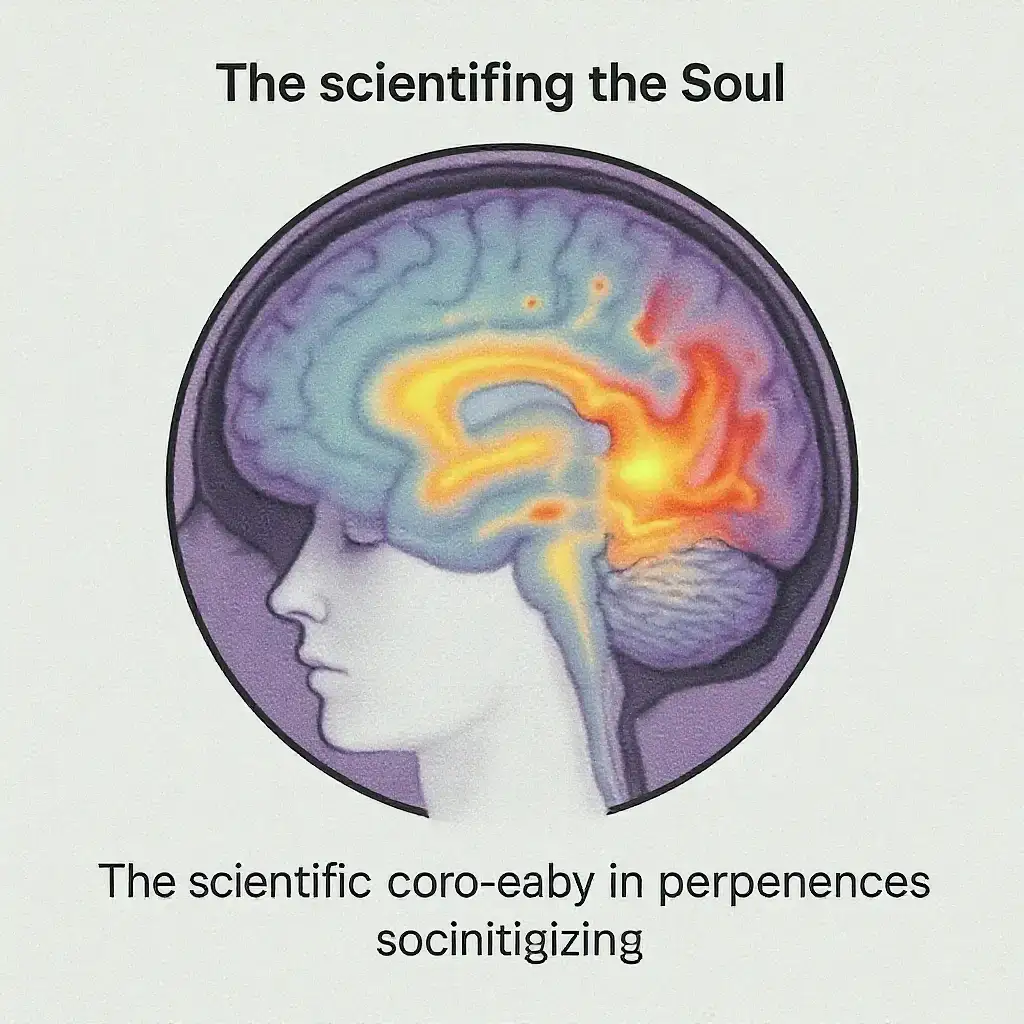Understanding Souls
Souls have been a topic of fascination across various cultures, philosophies, and religions. Understanding the essence of the soul involves exploring its definitions, historical perspectives, and the different interpretations across time and cultures. The exploration of this concept can lead to profound insights about life, identity, and existence itself.
Defining the Concept of Souls
The concept of the soul varies significantly among different cultures and belief systems. At its core, the soul is often described as the immaterial essence of a living being, representing consciousness, identity, and personality. Philosophical inquiries into the nature of the soul reveal much about human understanding of self and existence.
Key Points
- The soul is often viewed as eternal and distinct from the physical body.
- Many cultures believe the soul continues to exist after physical death, leading to beliefs in reincarnation or an afterlife.
- Philosophical definitions of the soul vary, from Plato's concept of the tripartite soul—reason, spirit, and appetite—to Aristotle's idea of the soul as the form or essence that animates a living being.
- In modern discussions, the concept has also been linked to personal identity, consciousness, and morality.
Historical Perspectives on Souls
The understanding of souls has evolved over time, influenced by various historical movements, philosophies, and religious teachings. Ancient civilizations such as the Egyptians believed in an afterlife where the soul would undergo judgment. This perspective can be contrasted with that of other cultures which have different views on life after death.
Table of Historical Perspectives
| Culture | Belief About Souls |
|---|---|
| Ancient Egyptian | Believed in an afterlife where the soul would be judged by Osiris. |
| Greek Philosophy | Plato viewed the soul as immortal and pre-existing the body; Aristotle saw it as integral to life. |
| Hinduism | Believes in an eternal soul (Atman) that undergoes cycles of rebirth (samsara). |
| Judaism | The soul is divine and returns to God after death for judgment. |
| Buddhism | Rejects a permanent soul concept (anatta), focusing on impermanence and suffering. |
The Nature of Souls
Exploring the nature of souls involves understanding their characteristics and how they relate to the physical body. The interplay between body and soul raises significant questions about identity and existence itself.
Eternal vs. Temporary Souls
Many beliefs differentiate between eternal souls that transcend physical existence and temporary souls that are bound to a physical form. This distinction plays a crucial role in how various cultures understand life and death.
Key Differences
- Eternal souls: Often described as immortal and unchanging, these souls are believed to exist beyond time and space. They are typically viewed as part of a greater cosmic cycle or divine plan.
- Temporary souls: Seen as manifestations tied to physical bodies, these souls may be considered less significant than eternal souls. They often represent a fleeting aspect of existence that experiences birth and death.
- Case Study: In Hindu philosophy, the eternal Atman (soul) is distinct from the temporary body (Sharira), leading to practices aimed at liberation (Moksha) from cycles of rebirth.
Connection Between Body and Soul
The relationship between the body and the soul has been extensively debated in philosophy. Dualists argue for a separation between mind (or soul) and body, while monists believe in their unity. This discussion impacts various fields including psychology, neuroscience, and spirituality.
Philosophical Views
- Dualism: Proponents like René Descartes maintain that the body is a material entity while the mind/soul is immaterial—implying that they interact yet remain distinct.
- Monism: Figures like Baruch Spinoza argue that mind and body are two aspects of a single substance or reality—meaning one's thoughts directly influence bodily states.
- Contemporary Debate: Current discussions often explore how neuroscience can provide insights into this age-old debate through studies linking brain functions with conscious experience.
Beliefs and Myths
The various beliefs and myths surrounding souls offer rich narratives that illustrate how different cultures understand the journey of the soul through life and beyond. These narratives reflect deeply held values regarding morality, existence, and humanity’s place in the universe.
Cultural Variations in Soul Beliefs
Diverse cultural contexts shape unique beliefs about the soul that reflect their values, histories, and worldviews. For instance:
Examples of Cultural Beliefs
- Indigenous Cultures: Many Indigenous peoples view the soul as interconnected with nature—believing all living beings possess spirit or energy that contributes to a greater ecological balance.
- Christianity: The Christian doctrine posits that each individual possesses a unique immortal soul created by God—a divine spark that connects humans to their Creator.
- African Traditional Religions: In many African communities, ancestral spirits play a critical role in maintaining connection with past generations; souls are believed to influence present lives actively.
- Celtic Mythology: Celts believed in an Otherworld where souls travel after death—a place filled with beauty where warriors could reunite with ancestors.
Mythological Representations of Souls
Mythologies around the world often personify the soul through deities or spirits, illustrating its complexity. For instance:
- Anubis: In Ancient Egypt, Anubis is depicted as a jackal-headed god who guides souls through judgment in the afterlife.
- Kali: In Hindu mythology, Kali embodies time's cyclical nature and liberation from worldly attachments—symbolizing transformation associated with spiritual evolution.
- Psyche: In Greek mythology, Psyche represents human souls' journey towards love (Eros) reflecting psychological growth towards divine understanding.
Soul in Religion
The concept of the soul plays a crucial role in many religious beliefs, influencing doctrines surrounding spirituality, morality, ethics regarding human behavior towards oneself and others. This connection shapes not only individual practices but also community values across societies.
Role of Souls in Major Religions
The centrality of souls across major world religions shapes beliefs about life’s purpose, ethical conduct, mortality's implications for human behavior on Earth—as well as hopes for what may come after death or reincarnation.
Table of Religious Perspectives on Souls
| Religion | View on Souls | Afterlife Beliefs |
|---|---|---|
| Christianity | The soul is judged after death based on faith and deeds; it can attain heaven or hell based on one’s actions during life. | Heaven (eternal life with God) or Hell (eternal separation from God). |
| Buddhism | The idea of an enduring self/soul is considered an illusion (anatta); focus is on overcoming suffering through enlightenment. | Rebirth until Nirvana is achieved—the cessation from suffering or cycle of rebirths. |
| Islam | The soul (Ruh) is created by Allah—judged based on one's adherence to Islamic teachings during life. | Paradise (Jannah) for righteous believers or Hellfire (Jahannam) for sinners based on one’s earthly actions.' |
| Hinduism | The Atman is eternal—undergoes cycles through birth (Janma), life experiences karma influencing future incarnations until liberation occurs. |
Scientific Perspectives on SoulsThe exploration into scientific inquiries regarding concepts tied closely with spirituality often intersects psychology alongside neuroscience aiming towards unraveling complex relationships correlating consciousness intertwined within corporeal realities manifesting sensations unique unto each individual! Psychological Views on SoulsPsychology explores how various aspects encompassing humanity relate back towards underlying concepts pertaining both emotional frameworks alongside cognitive processes elucidating consciousness intricately woven throughout daily experiences shaping personal identities!
|


